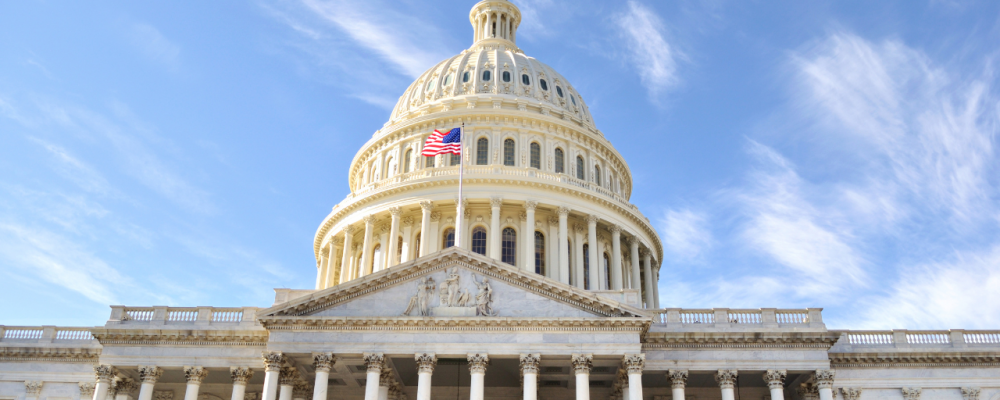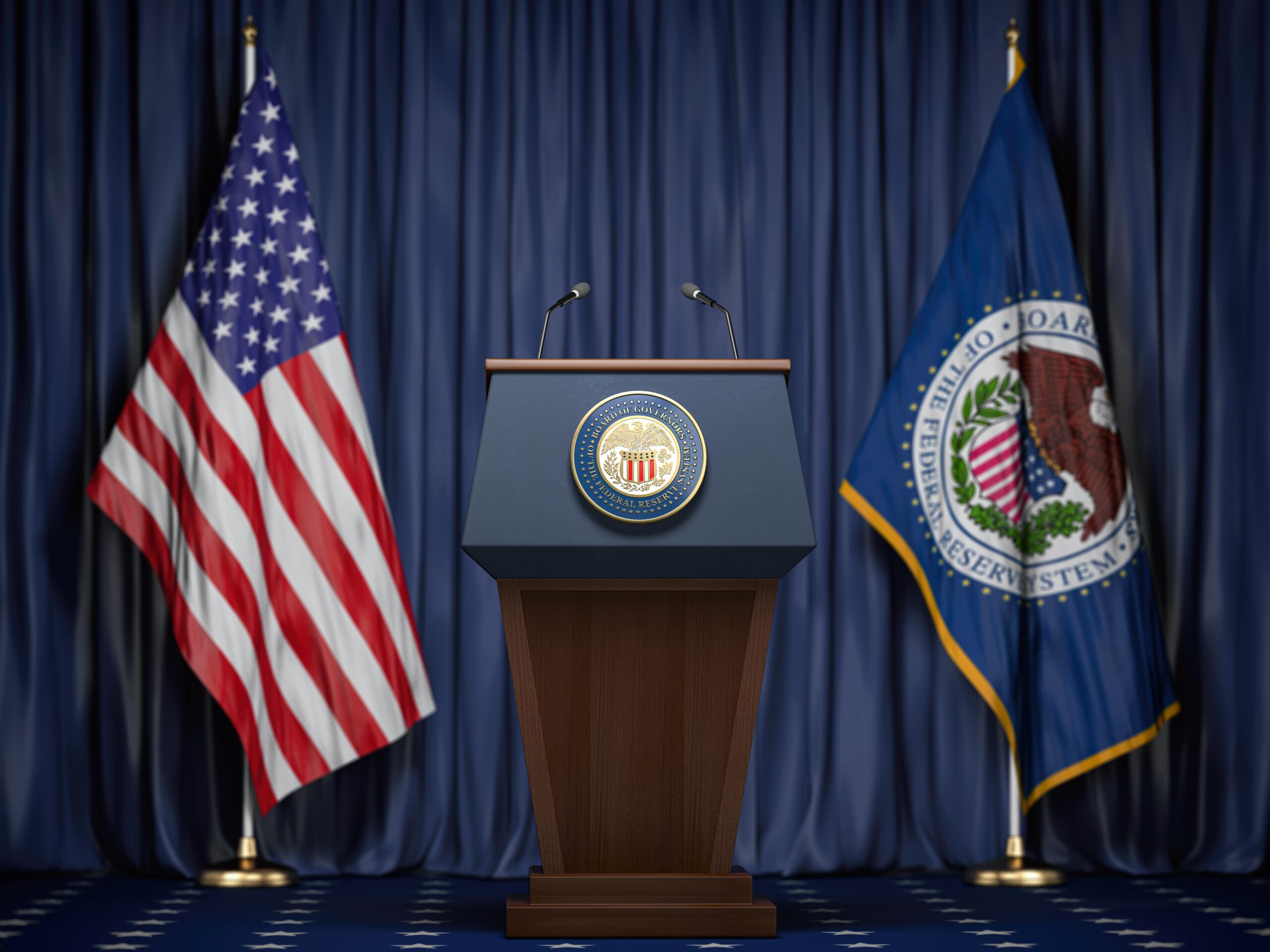
The information provided is based on the published date.
Key takeaways
- The Act makes tax breaks from the Tax Cuts and Jobs Act of 2017 permanent, extending lower income tax rates and a higher standard deduction.
- Families gain major financial support through new government-seeded "Trump Accounts" for children and a permanently larger Child Tax Credit.
- The federal student loan system gets a dramatic overhaul, eliminating popular repayment plans and creating loan limits for students and parents.
- The law creates new tax breaks for tipped workers, overtime pay, and U.S. auto loans but eliminates popular credits for clean energy.
A major new law, the "One Big Beautiful Bill Act" (OBBBA), was signed on July 4, 2025, and it’s set to make some significant changes to your financial life. Think of it as an update to the tax cuts of 2017, but with new rules for everything from your paycheck to saving for college and buying a car.
It’s a lot to take in, but we’ve broken down the most important parts for you.
How your income taxes are changing
The One Big Beautiful Bill Act makes permanent the tax cuts introduced in the Tax Cuts and Jobs Act (TCJA) of 2017, effectively locking in today’s federal income tax brackets and standard deductions. Here’s a list of what’s staying the same and a few changes that you’ll see come tax time:
Permanent extension of TCJA: The tax cuts originally passed in 2017 are now permanent, providing long-term certainty for your tax planning. Here’s a breakdown of what tax rates looked like before the TCJA and where they stand today.

Source: Congress.gov
Larger standard deduction, for good: The higher standard deduction is here to stay and will continue to grow with inflation. For the 2025 tax year, it increases to $15,750 for single filers and $31,500 for married couples filing jointly.
Additional deduction for those 65 and older: From 2025 to 2028, individuals 65 and older can take an additional $6,000 deduction on their taxable income. This is on top of the standard deduction. (Note: This benefit begins to phase out for individuals earning over $75,000 or couples earning over $150,000).
State and Local Tax (SALT) limit increased: The act also addresses the State and Local Tax (SALT) deduction limit, increasing it from $10,000 to $40,000 for 2025, with 1% annual increases through 2029. However, this higher limit comes with an income phase-out starting at $500,000 and is set to revert back to $10,000 in 2030.
New charitable deduction: For the charitably inclined, the bill introduces a new deduction of $1,000 for single filers and $2,000 for married couples who do not itemize their deductions, starting in 2026. For those who do itemize their charitable contributions, a new 0.5% of adjusted gross income floor will be put in place.
Estate tax exemption increased: The estate and gift tax exemption increases to $15 million for individuals and $30 million for married couples, indexed for inflation, starting in 2026.
New tax breaks for tipped and overtime workers
For the next few years (2025-2028), some workers will get a temporary tax cut.
Deduction for tips: Tipped workers in certain professions (to be specified by the Treasury Department) will be able to deduct up to $25,000 of their tip income from their federal taxable income.
Deduction for overtime pay: Similarly, those who earn overtime pay can deduct up to $12,500 ($25,000 for joint filers) of that income.
Both of these deductions begin to phase out for single filers with incomes over $150,000 and joint filers with incomes over $300,000. It's important to note that these deductions apply only to federal income tax, not state or payroll taxes.
Big wins for parents and families
The new law includes significant benefits for parents trying to save for their children's future and manage childcare costs.
- An increased Child Tax Credit: The Child Tax Credit will permanently increase to $2,200 per child, up from $2,000, starting in 2025. Of this amount, $1,700 will be refundable, and the credit will be indexed to inflation. The income thresholds for this credit remain at $200,000 for single filers and $400,000 for married couples.
- Dependent Care Flexible Spending Accounts (FSAs) expanded: The annual contribution limit for Dependent Care Flexible Spending Accounts (FSAs) will increase to $7,500 in 2026. This can be used for daycare, summer camps, babysitters, and more.
Introducing the "Trump Account": a new way to save for your child's future
Perhaps the most talked-about feature of the new law is the "Trump Account," a powerful new savings tool designed to build a nest egg for every American child.
To kickstart savings, every child born between 2025 and 2028 will automatically receive $1,000 from the U.S. Treasury. From there, parents and family can contribute up to $5,000 each year, and even employers can add up to $2,500 (subject to the same $5,000 limit). The funds must be invested in low-cost index funds focused on U.S. companies, where the money grows tax-deferred.
Think of these accounts as IRAs for your children but with a twist. You cannot take money out of the account before the age of 18. Once you reach 18, withdrawals will be taxed at ordinary income tax rates (your contributions will not be taxed). However, withdrawals before age 59 ½ may be subject to a 10% penalty unless they qualify for an exception.
Sweeping changes to student loans and education savings
One of the larger, and more complex, sections of the bill has to do with how parents, and their children, pay for costs related to an education. There are sweeping changes coming to everything from education savings accounts to student loans. Here’s what you need to know:
Student loan repayment programs are changing (again)
- Income-contingent repayment plans phased out: For student loans disbursed after July 1, 2026, the current income-contingent repayment (ICR) plans, along with SAVE and PAYE plans, will be replaced with a new repayment plan (more below).
- For new loans after July 1, 2026, there will only be two new options: a standard repayment plan with fixed monthly payments over 10 to 25 years, or a Repayment Assistance Plan (RAP) that ties payments to the borrower's adjusted gross income over a 30-year term.
- Borrowers on older ICR, SAVE, PAYE plans must transition to either RAP, a modified income-based repayment (IBR) plan, or a standard repayment plan by July 1 of 2028.
Income-based repayment (IBR) plans, originally established by Congress, will remain active, and Public Service Loan Forgiveness (PSLF) remains intact as well.
There’s an overhaul to student loans coming
- Parent PLUS loans now capped: The Parent PLUS loan program will now have a lifetime borrowing limit of $65,000 per student and an annual limit of $20,000. These loans will no longer be eligible for income-driven repayment plans after July 1, 2026.
- Grad PLUS program to be eliminated: The Grad PLUS loan program will be eliminated for new loans after July 1, 2026. Students with outstanding Grad PLUS loans enrolled before July 1, 2026 can continue borrowing through the 2028-2029 academic year.
- New annual borrowing limits established: Limits of $20,500 for graduate students and $50,000 for professional students (in fields like medicine and law) will be established, with aggregate limits of $100,000 and $200,000, respectively.
Education savings plans just got more powerful
Education savings plans (529s) are becoming even more flexible. You can now use them for:
- Up to $20,000 per year for K-12 tuition (an increase from $10,000).
- Expenses like tutoring, testing fees, and educational therapies.
- Post-graduate licensing and credentialing programs.
Changes for car buyers and homeowners
The law changes the incentives for what kind of car you buy and the energy upgrades you make to your home.
- A new perk for American-made cars: From 2025 to 2028, you can deduct up to $10,000 in auto loan interest if you buy a car made in the U.S. (This has an income phase-out starting at $100,000).
- EV tax credits are ending: The popular tax credits for buying a new or used electric vehicle (up to $7,500) will expire on September 30, 2025.
- Clean energy credits are ending: Residential clean energy credits for things like solar panels will be eliminated after December 31, 2025.
What to do next
The One Big Beautiful Bill Act was primarily touted as a tax bill, and it certainly includes many provisions related to income taxes, but the over 900-page bill will impact many individuals and households far beyond the realm of taxes.
With such a wide breadth of changes coming out of the OBBBA in 2025 and the years ahead, it’s critical to know how they will impact you and to make the right adjustments to your financial plan. Not understanding the changing landscape could be costly, and, more importantly, knowing how to navigate these changes and those sure to come in future years and under future administrations can not only help you pay less in taxes but put yourself in control of your financial outcomes for years to come.



